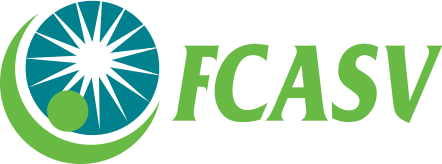Description:
Session 1: Intimate Partner Violence Advocates
Culturally specific organizations play a key role in raising awareness, and supporting and connecting survivors of human trafficking who are victims of domestic violence, and sexual assault with services that can meet the unique needs of each community. This webinar will address key strategies and recommendations on effective collaboration with culturally specific organizations to address the intersectionality of human trafficking, domestic violence, and sexual assault. Presenters will share their experiences, lessons learned, and promising practices in engaging with the immigrant, LGBTQ+, tribal, farmworker, and deaf community, and also supporting the needs of people with disabilities.
At the end of this training, participants in attendance will be able to:
Identify strategies for collaboration among service providers and culturally specific programs to support survivors of human trafficking who have experienced domestic violence or sexual assault.
Apply collaborative practices and considerations when differentiating roles of DV/SA service providers and culturally specific organizations in addressing human trafficking.
Engage culturally specific organizations to support and share the work on anti-human trafficking efforts.
Hosted by:
Futures Without Violence
Speakers:
Martina Moore-Reid
Community Accessibility Specialist, Division of Services for the Deaf and Hard of Hearing, NCDHHS
Nikki Locklear
Domestic VIolence, Sexual Assault, Human Trafficking Program Director, Commission on Indian Affairs
Isaira Hernandez
Promotora, Farmworker Triqui Indigenous Community
Maria Jose Fletcher
Co-Director, VIDA Legal Assistance
Hediana Utarti
Community Projects Coordinator, Asian Women’s Shelter
Kiricka Yarbough Smith,
Director of Human Trafficking Programs, Council for Women and Youth, NC Department of Administration
